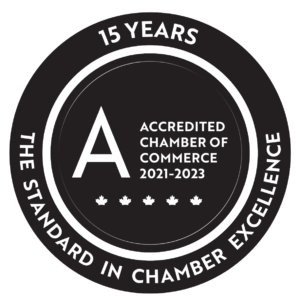 By Dorothy Hagel
By Dorothy Hagel
The manner, in which the estate is distributed may make a big difference and may either contribute to thwart disagreements among beneficiaries or cause them.
Suppose you own a boat and a motorcycle of a similar value and you have two adult children. You may believe it to be fair that you leave the boat to one child and the motorcycle to the other. However, would your children consider this fair?
Perhaps both enjoy using the boat, but neither is interested in the motorcycle and then the subsequent sale of the motorcycle generate funds that could be perceived to be less than the value of the boat. Or, suppose you leave both the boat and the motorcycle to one child and the other will receive $50,000.00 instead. The first child may feel that the combined worth of the two vehicles is less than the $50,000.00. The other child may feel like her sibling received items that hold a lot of sentimental value, while she received an impersonal gift.
Another important consideration is the issue surrounding taxation. Certain distributions are subject to tax, while others are not. For instance, leaving your house to a beneficiary is not subject to taxation because of the principal residence exemption. So, if you leave your home to one child and the proceeds of your RRSP that is of equal value to the house to another child, the first child does not pay any tax while the second could end up losing half of the gift to taxation.
Similarly, if you leave your RRSP to one child and a bank account with a cash value equal to that of the RRSP to another child, the tax effect will disadvantage one of the children. Taxes are paid from the residue of the estate. The cash from the bank account falls into the residue of the estate from which all income taxes will be paid. RRSP will pass to the beneficiary outside of the estate. The child getting the residue (that is the cash account) will have to pay the tax on deregistration of the RRSP unless the issue is addressed ahead of time.
It is not only the amount of the asset that needs to be considered, but also the nature of the asset. If you had designated your child to receive your RRSP, but then after a number of years that RRSP is converted to a RRIF, there may be very little, if anything, left in that account.
Estates create complex issues that can have serious implications on family relations and finances, if not handled properly.
Dorothy Hagel JD, CFP is a Barrister, Solicitor & Notary Public with HAGEL LAWFIRM. She can be reached at [email protected]




